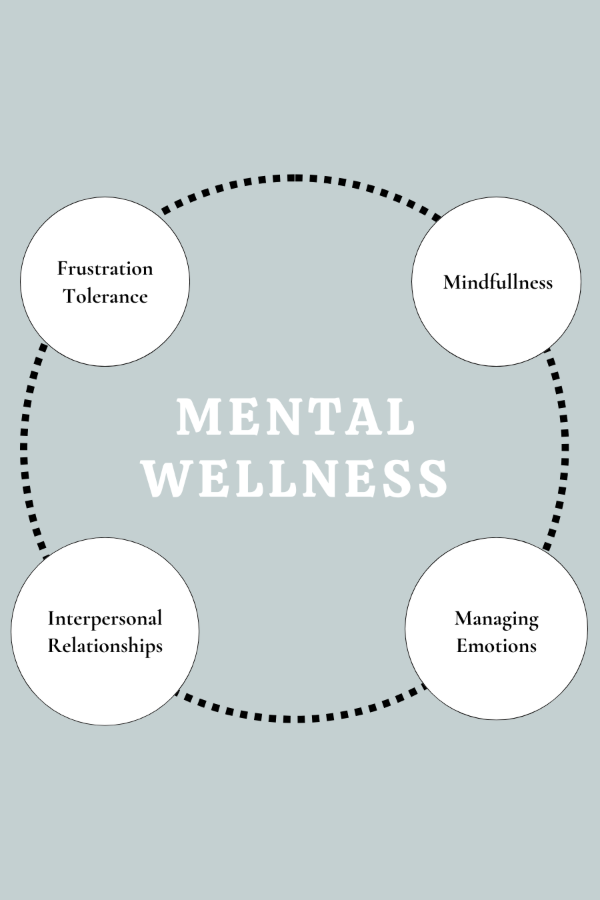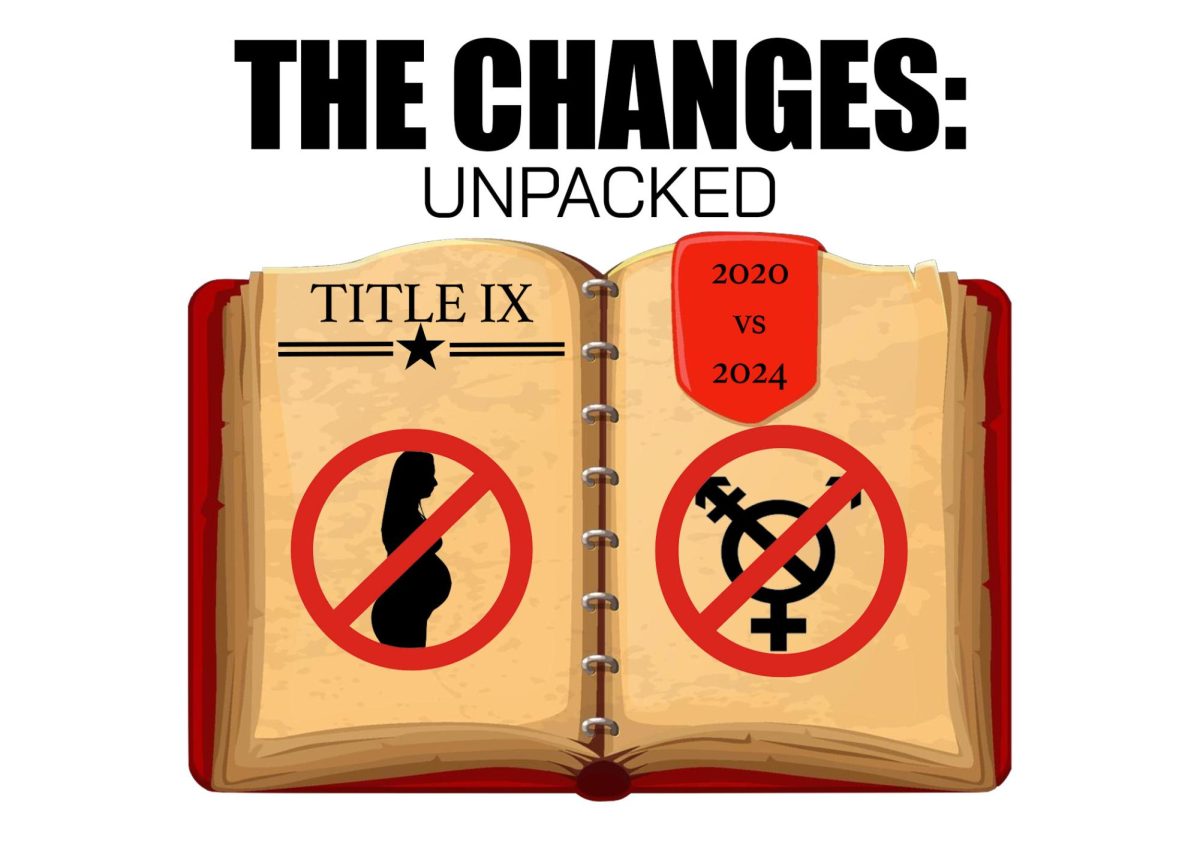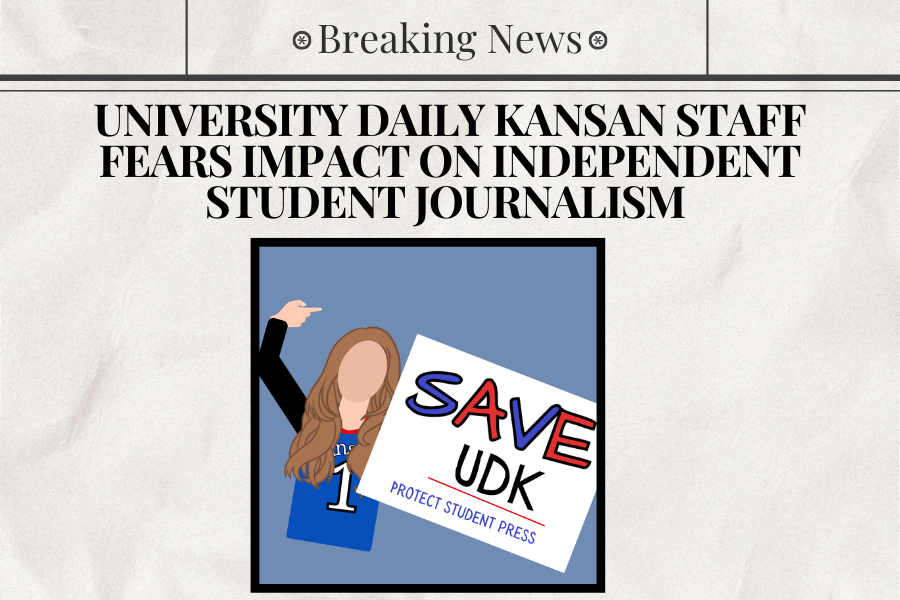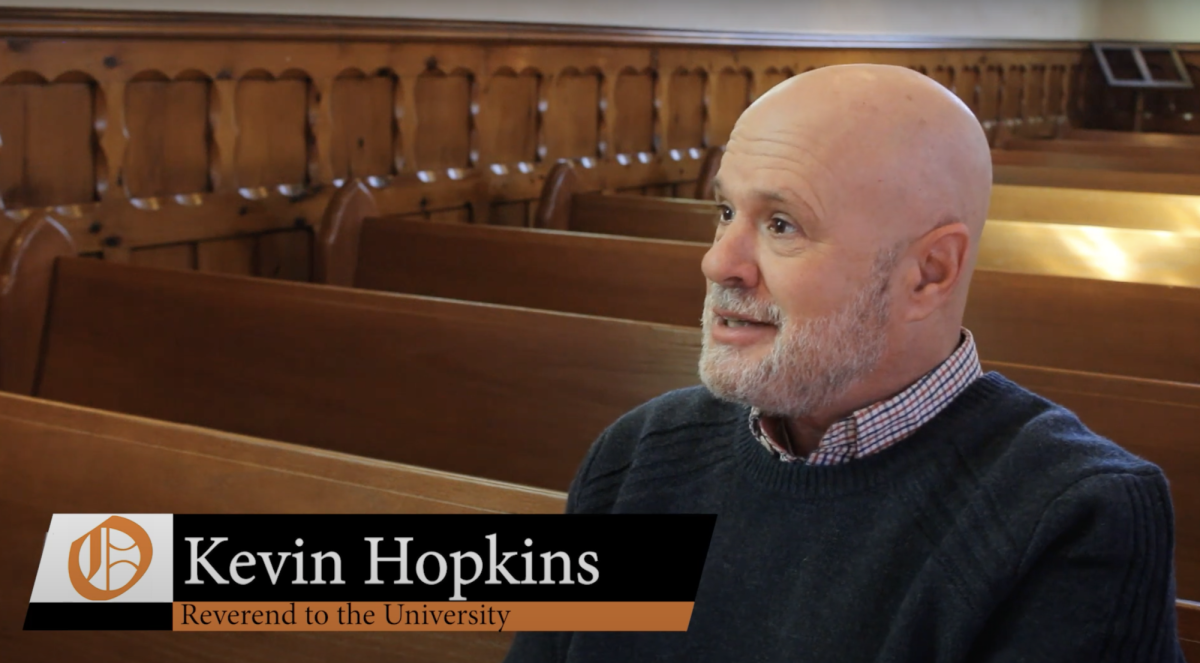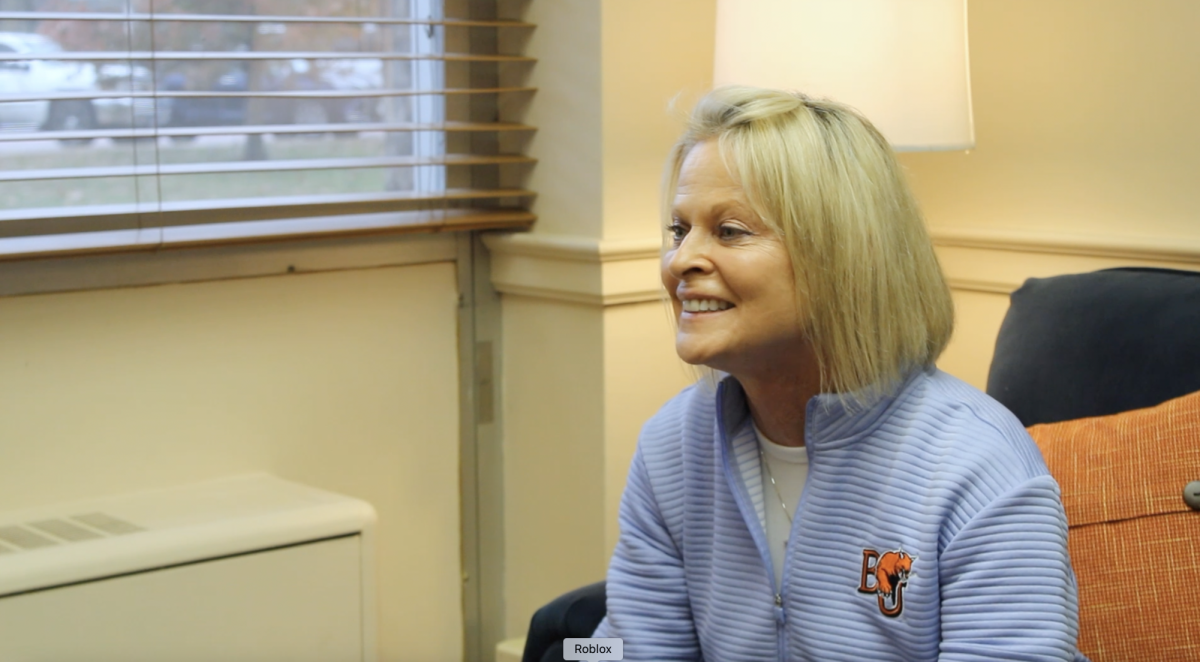Sophomore Courtney Masrud spent almost $800 on textbooks over the course of her second year pursuing a biology major.
Her debt began to pile as high as her stack of course work when she learned of a federal policy change that would ease the financial burden of her education.
Effective July 1, a recent amendment to the Higher Education Opportunities Act requires universities and colleges countrywide to specify both necessary textbooks and the related costs at the time of pre-enrollment. The Textbook Provision offers students course information prior to their commitment to allow time for cost-effective alternatives.
“Students are really going to appreciate the convenience of knowing the textbook information so early,” Masrud said. “Props to whoever came up with this.”
Even though some faculty members made conscientious decisions to cushion, or even eliminate, textbook costs in the past, the prices were still often crippling, as in Masrud’s case.
As a faculty member of 20 years and the father of a college sophomore, Rand Ziegler, dean of the college of arts and sciences, is both empathetic of student struggles with rising textbook prices and supportive of the HEOA amendment.
“I’m not a legislator or a bill-maker, but to me it seems like the right thing to do,” Ziegler said.
Even though the regulations are not yet officially enforced, Ziegler sent the faculty an e-mail asking for a timely compilation of chosen texts for summer and fall courses. His words reflected a sense of urgency but he also understands that there is a margin for exemption from his requested April 1 deadline.
“There are always going to be exceptions where the books are simply unknown at the time,” Ziegler said.
Although the Textbook Provision is just a small portion of the 700-page HEOA, it represents the first amendment to specifically target textbook policies over the 50 years of the act’s existence.
Elio DiStaola, director of public and campus relations for Follett Software Company, said the provision encourages institutions to be transparent for both enrolling and prospective students.
“Essentially, this is all about universities giving students the information necessary to make more informed educational decisions,” DiStaola said.
With a simple statement, Ziegler summarized his position.
“Students win,” he said.


